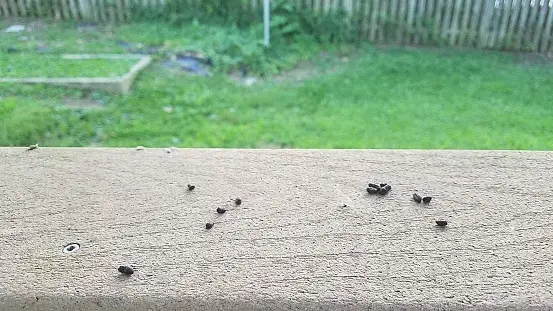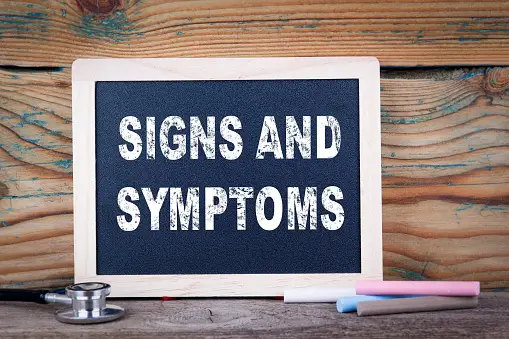Why You Should Care About Hantavirus Disease
- Esther M.
- Oct-14-2023
- Pest Control
Hantavirus is a disease that is caused by different strains of hantaviruses which are mostly found in wild rodents like rats and mice. These hantaviruses can cause a severe and fatal lung disease called Hantavirus Pulmonary Syndrome.
How is this disease spread?
When people come into contact with a wild rodent’s saliva, urine, or even poop, they may be exposed to this virus. One might also inhale the virus while sweeping or vacuuming a rodent-infested area.

Entering rarely opened or seasonally closed buildings with rodent activity may also cause infection. In addition, visitors to rural areas and nature resorts – campers, hikers, and others who take part in activities outdoors – can become exposed to the virus.
Among documented U.S. cases of HPS, patients with potential occupational exposures have included grain farmers, an extension livestock specialist, field biologists, and agricultural, mill, construction, utility and feedlot workers. Many of these individuals also had household exposures. Read more from New York State…
On rare occasions, someone may also contract the hantavirus from the bite of a rodent.
Symptoms of Hantavirus
Most of the symptoms usually occur between 9-30 days after infection but may appear earlier as well. Some of the early symptoms include fever, muscle pain, fatigue, headache, nausea and vomiting.

Early symptoms include fatigue, fever and muscle aches, especially in the large muscle groups—thighs, hips, back, and sometimes shoulders. These symptoms are universal.
There may also be headaches, dizziness, chills, and abdominal problems, such as nausea, vomiting, diarrhea, and abdominal pain. About half of all HPS patients experience these symptoms.
Late Symptoms
Four to 10 days after the initial phase of illness, the late symptoms of HPS appear. These include coughing and shortness of breath, with the sensation of, as one survivor put it, a “…tight band around my chest and a pillow over my face” as the lungs fill with fluid. Read more from CDC…
As the illness progresses, it may turn fatal as one may experience difficulty breathing and possibly die from respiratory failure or shock.
Diagnosis and treatment
Diagnosing this illness may prove tough as the early symptoms may resemble those of influenza or other diseases. But if someone has been experiencing the symptoms discussed above and has had rodent exposure, then a doctor may strongly recommend testing for Hantavirus Disease.

Specific treatment options for hantavirus pulmonary syndrome are limited. However, the prognosis improves with early recognition, immediate hospitalization, and adequate support for breathing.
Supportive therapy
People with severe cases need immediate treatment in an intensive care unit. Intubation and mechanical ventilation may be needed to support breathing and to help manage fluid in the lungs. Intubation involves placing a breathing tube through your nose or mouth into the windpipe (trachea) to help keep your airways open and functioning.Blood oxygenation
Severe disease may require a treatment called extracorporeal membrane oxygenation (ECMO) to help ensure you retain a sufficient supply of oxygen. This involves continuously pumping your blood through a machine that removes carbon dioxide and adds oxygen. The oxygenated blood is then returned to your body. Read more from Mayo Clinic…
Although there is no treatment or vaccine, the disease is usually managed in a hospital setting, with treatment largely targeting the symptoms.
Rodent infestation, regardless of where you live, should never be taken lightly. Once you notice rodent urine or droppings around your home, it’s time to get help from professionals.
At Backyard Bug Patrol, we provide safe and effective rodent control services in Virginia and Maryland. Keep your home rodent-free all year round; we are only a phone call away.
